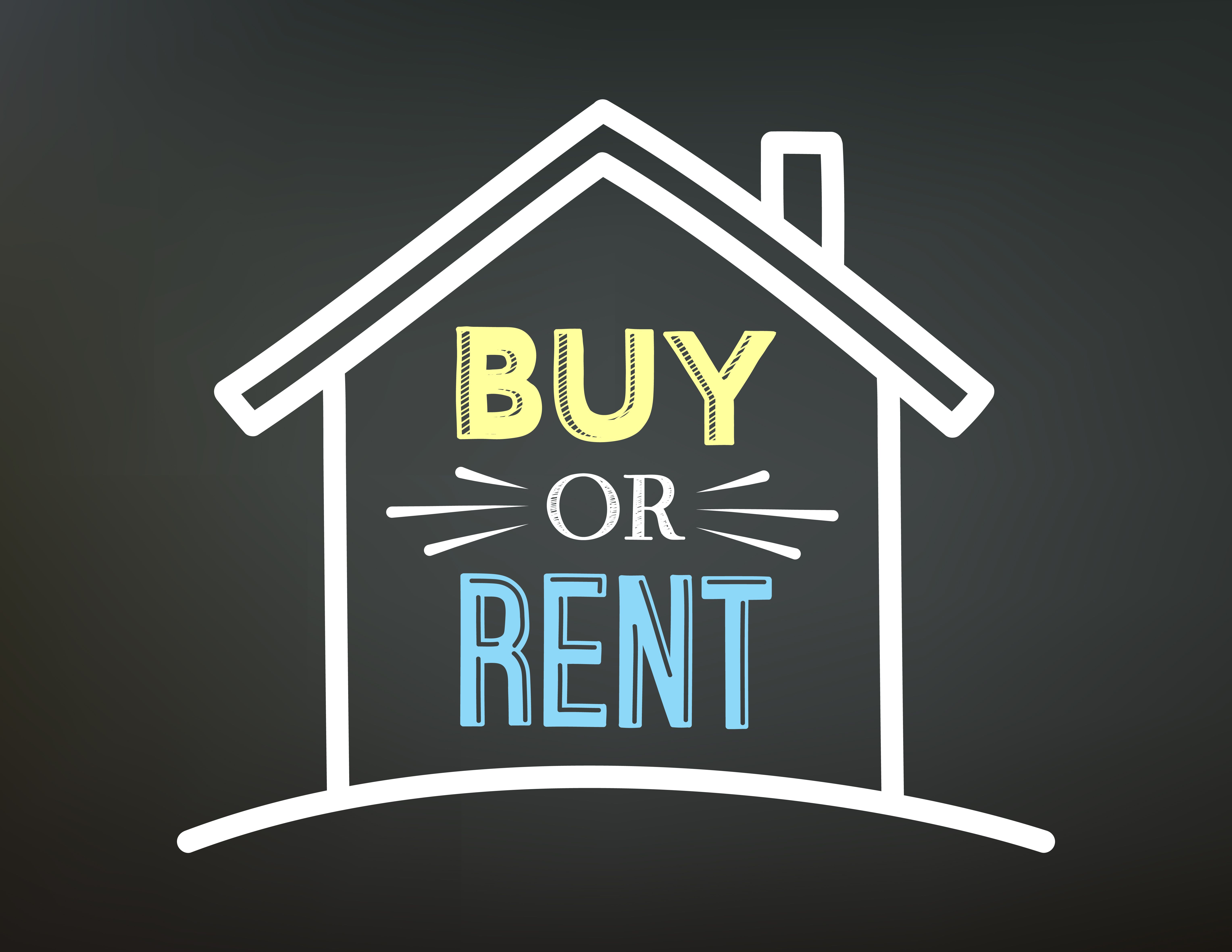Putting a Price Tag on Your Health

We constantly hear how important it is to maintain a healthy lifestyle. That is not always easy, especially in the face of temptation or the easy option of procrastination. For some, the monetary benefits of maintaining a healthy lifestyle may provide an incentive.
Being healthy not only makes you feel good, it may also help you financially. For example, a recent Johns Hopkins Bloomberg School of Public Health study determined that a 40-year-old who simply moves from being obese to overweight could save an average of $18,262 in health care costs over the rest of his or her lifetime. If that person maintains a healthy weight, the average potential savings increase to $31,447.[i]
If you’re wondering how your health habits might be affecting your bottom line, consider the following:
Regular preventative care can help reduce potential healthcare costs. Even minor illnesses can lead to missed work, missed opportunities, and potentially lost wages. Serious illnesses often involve major costs like hospital stays, medical equipment, and doctor’s fees. Preventative dentistry may help you reduce dental costs as well.
In a way, staying healthy helps our potential to save for retirement. If your health declines to the point where you cannot work, that hurts your income and your ability to contribute to retirement accounts. The threat is real: the Social Security Administration notes that a quarter of us will become disabled at some point during our working years.[ii]
Higher weight seems to be a factor in overall health care costs for many. Ask the Centers for Disease Control and Prevention; they note that per-year health care expenses are about 41% higher ($4,870) for an obese individual than for a person of normal weight ($3,400). The biggest factor in this difference: prescription drug costs.[iii]
Some habits that lead to poor health can be expensive in themselves. Smoking is the classic example. A pack of cigarettes costs anywhere from $5-14, which means ballpark expenses of $2,000-5,000 or more a year in expenses for a pack-a-day smoker. Smokers also pay higher premiums for health, disability, and life insurance.[iv]
By focusing on your health, eliminating harmful habits, and employing preventative care, you may be able to improve your self-confidence and quality of life. You may also be able to reduce expenses, enjoy more of your money, and boost your overall financial health.
Investment advisory services are offered through CapSouth Partners, Inc., dba CapSouth Wealth Management, an independent registered Investment Advisory firm. Information provided by sources deemed to be reliable. CapSouth does not guarantee the accuracy or completeness of the information. This material has been prepared for planning purposes only and is not intended as specific tax or legal advice. Tax and legal laws are often complex and frequently change. Please consult your tax or legal advisor to discuss your specific situation before making any decisions that may have tax or legal consequences.
This article contains external links to third party content (content hosted on sites unaffiliated with CapSouth Partners). The policies and procedures governing these third-party sites may differ from those effective on the CapSouth company website, as outlined in these Disclaimers. As such, CapSouth makes no representations whatsoever regarding any third-party content/sites that may be accessible directly or indirectly from the CapSouth website. Linking to these third-party sites in no way implies an endorsement or affiliation of any kind between CapSouth and any third party, including legal authorization to use any trademark, trade name, logo, or copyrighted materials belonging to either entity.
[i] https://www.bankrate.com/banking/savings/healthier-lifestyle-can-save-you-money/
[ii] https://www.cnbc.com/2018/11/11/protect-yourself-from-a-career-derailment-that-trips-up-1-in-4-workers.html
[iii] https://abcnews.go.com/Health/Healthday/story?id=8184975&page=1
[iv] https://money.usnews.com/money/personal-finance/family-finance/articles/the-real-cost-of-smoking



